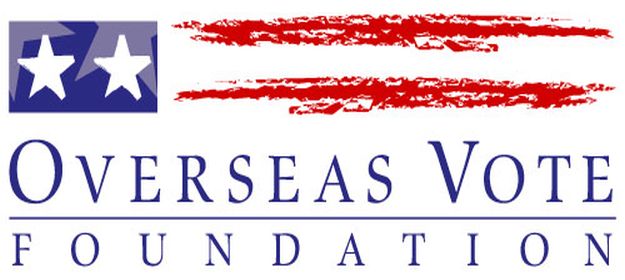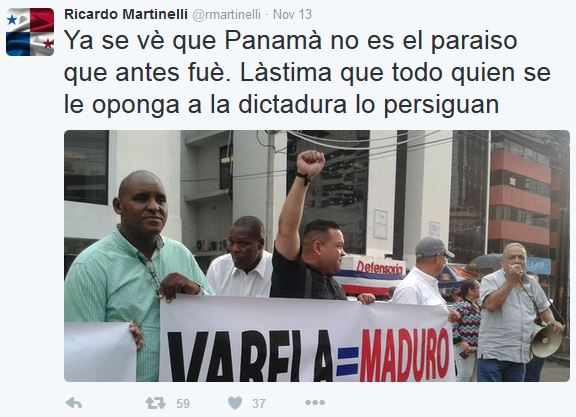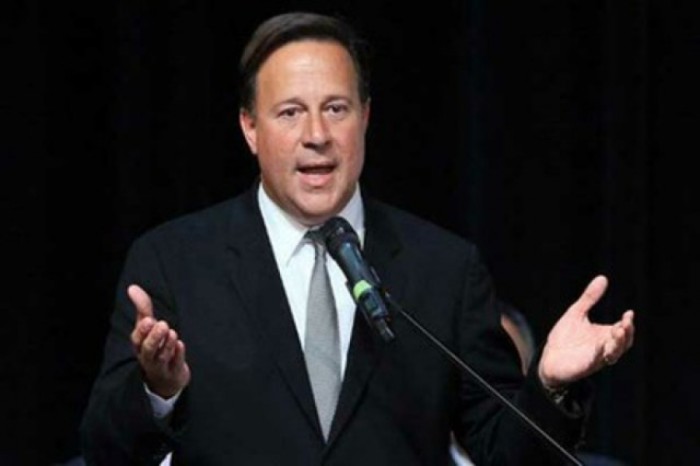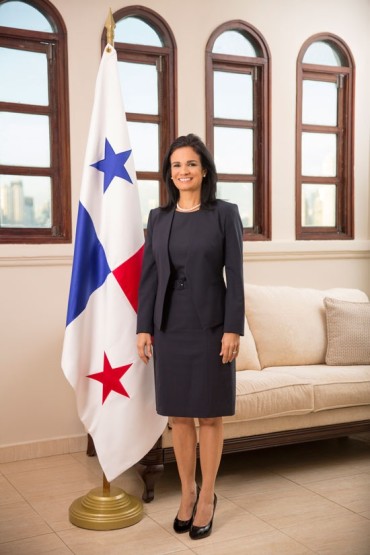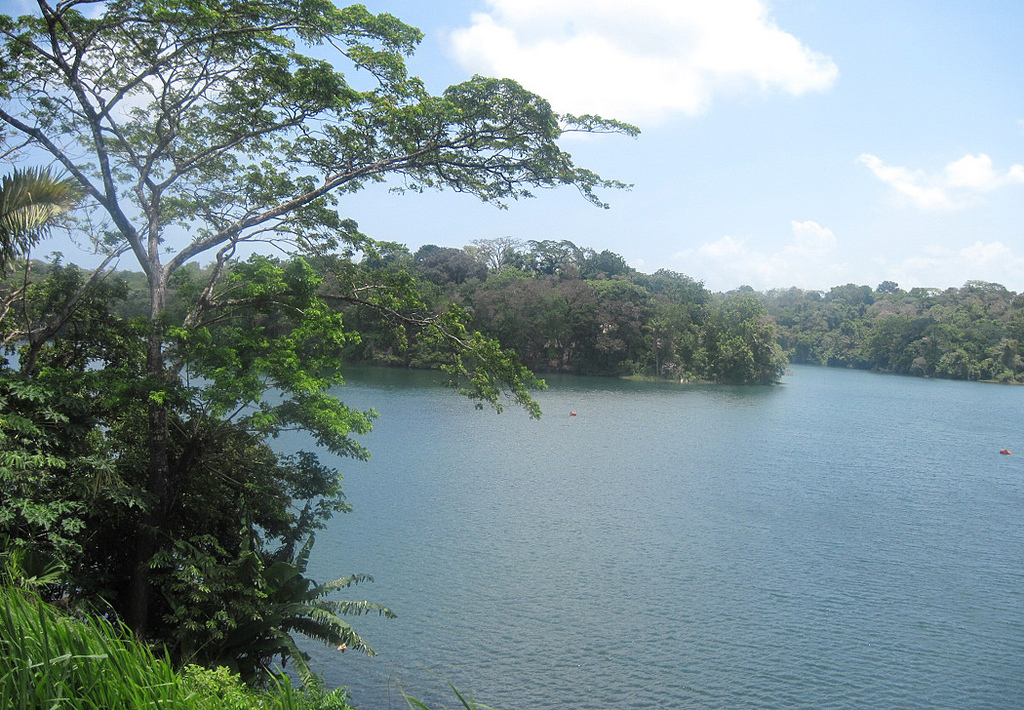After Paris, France contemplates a reckoning
by STRATFOR
Summary
Details are still emerging as to precisely who was responsible for the November 13 Paris attacks. Sorting through the jumble of misinformation and disinformation will be challenging for French authorities, and for outside observers such as Stratfor.
While the Islamic State has claimed credit for the attack, it is still uncertain to what degree the Islamic State core organization was responsible for planning, funding or directing it. It is not clear whether the attackers were grassroots operatives encouraged by the organization like Paris Kosher Deli gunman Ahmed Coulibaly, if the operatives were professional terrorist cadres dispatched by the core group or if the attack was some combination of the two.
Analysis
French President Francois Hollande publicly placed responsibility for the November 13 attack on the Islamic State, declaring it an act of war. This French response to the Paris attacks is markedly different from that of the Spanish Government following the March 2004 Madrid train bombings. Instead of pulling back from the global coalition working against jihadism, it appears that the French will renew and perhaps expand their efforts to pursue revenge for the most recent assault. The precise nature of this response will be determined by who is ultimately found to be the author of the November 13 attack.
To date, there has been something akin to a division of labor in the anti-jihadist effort, with the French heavily focused on the Sahel region of Africa. The French have also supported coalition efforts in Iraq and Syria, stationing six Dassault Rafale jets in the United Arab Emirates and six Mirage jets in Jordan. On November 4, Paris announced it was sending the nuclear-powered aircraft carrier Charles de Gaulle to enhance ongoing airstrikes against the Islamic State in Syria and Iraq. To date, French aircraft have flown more than 1,285 missions against Islamic State targets in Iraq, and only two sorties in Syria.
France has numerous options for retaliation at its disposal, but its response will be conditioned by who was ultimately responsible. If it is found that the Islamic State core group was indeed behind the November 13 attack, France will likely ramp up its Syrian air operations. The skies over Syria, however, are already congested with coalition and Russian aircraft. With this in mind, the French may choose to retaliate by focusing instead on the Islamic State in Iraq, or perhaps even other Islamic State provinces in places such as Libya. Another option would be to increase French programs to train and support anti-Islamic State forces in Iraq and Syria, or even to conduct commando strikes against key leadership nodes. France also has the option of deploying an expeditionary force like it did in the Sahel, although that would probably require outside airlift capacity from NATO allies, especially the United States.
European ramifications
The Paris attacks occurred during a Europe-wide political crisis over migrant flows from the Middle East, Asia and Africa. A Syrian passport was found near the body of one of the Paris attackers, prompting a Greek official to say November 14 that the name on the document belonged to a person who passed though Greece in October. This news means that a number of politicians critical of the European Union’s response to the immigrant crisis will amplify their disapproval. In particular, advocates who want to end the Schengen agreement, which eliminated border controls in Europe, will use Paris to support their cause.
This has already begun. Poland became the first country to link the Paris attacks to the uptick in immigration. On November 14, Polish Minister for European Affairs-designate Konrad Szymanski said the Paris attacks make impossible the implementation of an EU plan to distribute asylum seekers across the Continental bloc. As expected, France’s National Front party also demanded the end of the Schengen agreement. In a televised speech, party leader Marine Le Pen said France has to “recapture control of its borders.”
In Germany, Bavarian Prime Minister Horst Seehofer said the Paris attack demonstrates that border controls are more necessary than ever. Seehofer has been very critical of the German government’s handling of the refugee crisis, demanding permanent border controls as well as faster repatriation of asylum seekers. The Paris attack will likely strengthen his position and further weaken the government of Chancellor Angela Merkel, which was already facing internal dissent because of the migration crisis. In recent weeks Germany has seen an increase in anti-immigrant violence, including arson attacks against refugee shelters. The November 13 attacks may encourage more extremist groups across Europe to attack asylum seekers.
The anti-Schengen camp will feel vindicated by a parallel event that took place in southern Germany last week, when a Montenegrin citizen was arrested while allegedly driving to Paris with several weapons. While German police have not established a direct connection between this incident and the November 13 attacks, they have said that a link cannot be ruled out. The fact that this man was from Montenegro — a country in the Western Balkans — and made it to Germany in his car will strengthen the demands for stricter border controls along the so-called Balkan route of migration, which connects Greece to Northern Europe.
The Paris attacks will therefore improve the popularity of anti-immigration parties in many European countries, and continue to weaken popular support for the Schengen agreement. Several countries, including Germany, Sweden, Slovenia and Hungary had already re-established border controls because of the immigration crisis. Hungary and Slovenia have gone as far as building fences along their borders. After the November 13 attacks, most EU governments will find it hard to justify a policy of open borders.
After Paris, France Contemplates a Reckoning is republished with permission of Stratfor.


